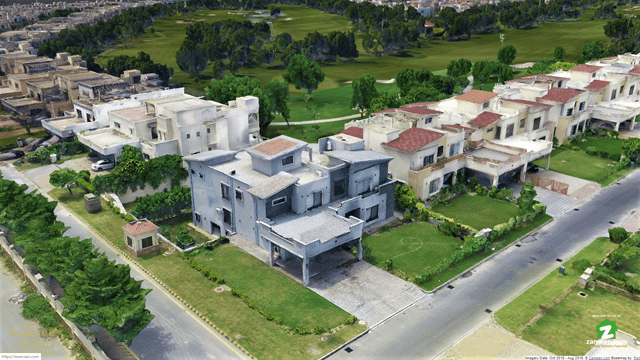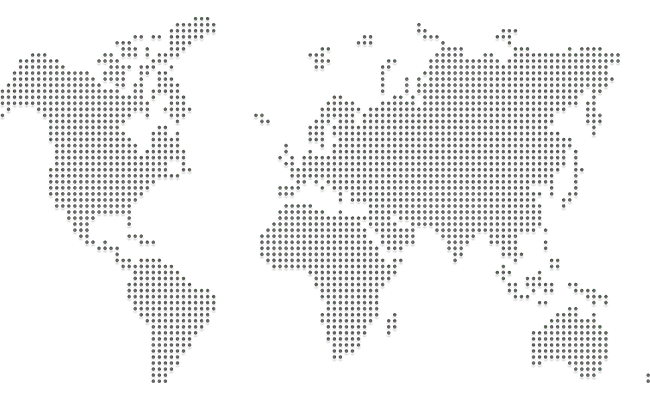Real Estate Meets the Metaverse: The Future of Virtual Property Ownership in Pakistan

Introduction
The rise of the metaverse—a shared, persistent, 3D virtual world—has brought an entirely new dimension to real estate. What began as a tech buzzword is now disrupting the property market globally, offering new ways to buy, sell, and invest in digital land and assets. In Pakistan, while still a developing concept, the potential of the metaverse in real estate is immense.
Forward-thinking projects like Falaknaz Greens, One Beverly, and The Mega Mall are observing global trends, preparing for a future where real estate isn’t just physical—it’s also virtual. As interest in immersive experiences and digital ownership grows, understanding how the metaverse impacts real estate is crucial for future-ready investors and developers.
What is the Metaverse?
The metaverse is a virtual space built using augmented reality (AR), virtual reality (VR), and blockchain technology. Users can explore, interact, and even own property within it, using avatars and digital wallets.
In this 3D environment, people can:
Attend virtual events
Buy virtual land and buildings
Run businesses or open stores
Design custom homes or communities
Monetize digital real estate assets
Virtual Real Estate: A Growing Global Trend
Big platforms like Decentraland, The Sandbox, and Meta Horizon Worlds have already launched virtual environments where land is sold as non-fungible tokens (NFTs) on blockchain. In 2021 and 2022, digital plots in these spaces sold for millions of dollars—signaling the rise of a new real estate class.
This trend, though global, is beginning to capture the attention of Pakistan’s digital entrepreneurs, developers, and tech-savvy investors.
How the Metaverse Can Impact Pakistani Real Estate
1. Virtual Showrooms and Project Tours
Even before true metaverse adoption, developers are integrating VR-based project showrooms, which act as a stepping stone. Buyers of One Beverly or The Mega Mall can already explore apartment layouts or commercial shops using immersive virtual experiences.
With metaverse support, these showrooms could evolve into permanent virtual sales centers with:
Interactive designs
Live consultant avatars
Real-time customization options
2. Digital Twin Cities and Communities
Developers like those behind Falaknaz Greens may soon build digital twins of their physical projects—creating parallel virtual versions of entire gated communities.
This would allow:
Virtual walkthroughs for overseas clients
Community engagement in a shared virtual space
Early customization of interior layouts pre-handover
Owner-only access zones in the metaverse
3. Tokenized Property Ownership
Blockchain-enabled platforms in the metaverse allow fractional ownership of digital assets. Imagine buying a virtual shop inside a digital Mega Mall, where your ownership is secured through a token.
In the future, physical properties in Pakistan could be:
Represented as NFTs
Sold to investors in fractional shares
Rented or leased out digitally with smart contracts
This opens the door for micro-investments and broader inclusion in real estate.
Use Cases for Pakistani Developers
Marketing & Pre-Sales: Virtual booths at expos or online events inside the metaverse.
Customer Engagement: Holding virtual Q&A sessions, investor meetings, or webinars.
Virtual Property Management: Owners managing their digital twins from anywhere.
Gamified Investment: Letting users “build” homes or blocks in a sandbox experience tied to actual project phases.
These tools will not only attract global buyers but also enhance credibility and innovation perception in Pakistan’s real estate sector.
Challenges in Adopting the Metaverse in Pakistan
While the future is promising, several challenges stand in the way:
Lack of awareness: Most local investors are still unfamiliar with metaverse concepts.
Tech limitations: High-speed internet, VR devices, and blockchain adoption are still catching up.
Regulatory uncertainty: No clear laws around NFT-based property ownership in Pakistan.
High development costs: Building 3D environments and blockchain platforms requires resources and talent.
However, with the global push toward digitization, Pakistan is likely to follow with pilot projects and tech-forward communities soon.
The Role of Flagship Projects
Projects like One Beverly and Falaknaz Greens can act as early adopters by:
Hosting virtual launch events in 3D environments
Offering VR-based interactive maps of their properties
Issuing digital ownership tokens for booking plots or units
Creating community hubs inside digital spaces for buyers to meet, interact, or experience the vision before construction is complete
The Mega Mall could serve as a prototype for virtual shopping centers, allowing future tenants to explore spaces and build digital versions of their stores before physical possession.
Looking Ahead: Is Pakistan Ready?
The momentum toward the metaverse is building, and Pakistan—home to a fast-growing tech industry—is slowly gearing up. Key drivers that will shape this space include:
Government tech and startup policies
Private developer innovation
Youth-led digital demand
Investment from overseas Pakistanis in digital real estate
Final Thoughts
The metaverse is not here to replace traditional real estate—but to enhance and extend it. As Pakistan’s real estate evolves, integrating virtual environments, NFTs, and blockchain will create new value propositions for buyers, developers, and investors.
For projects like Falaknaz Greens, One Beverly, and The Mega Mall, embracing this shift could mean capturing a first-mover advantage in a future where real estate isn’t just where you live—it’s also where you log in.


